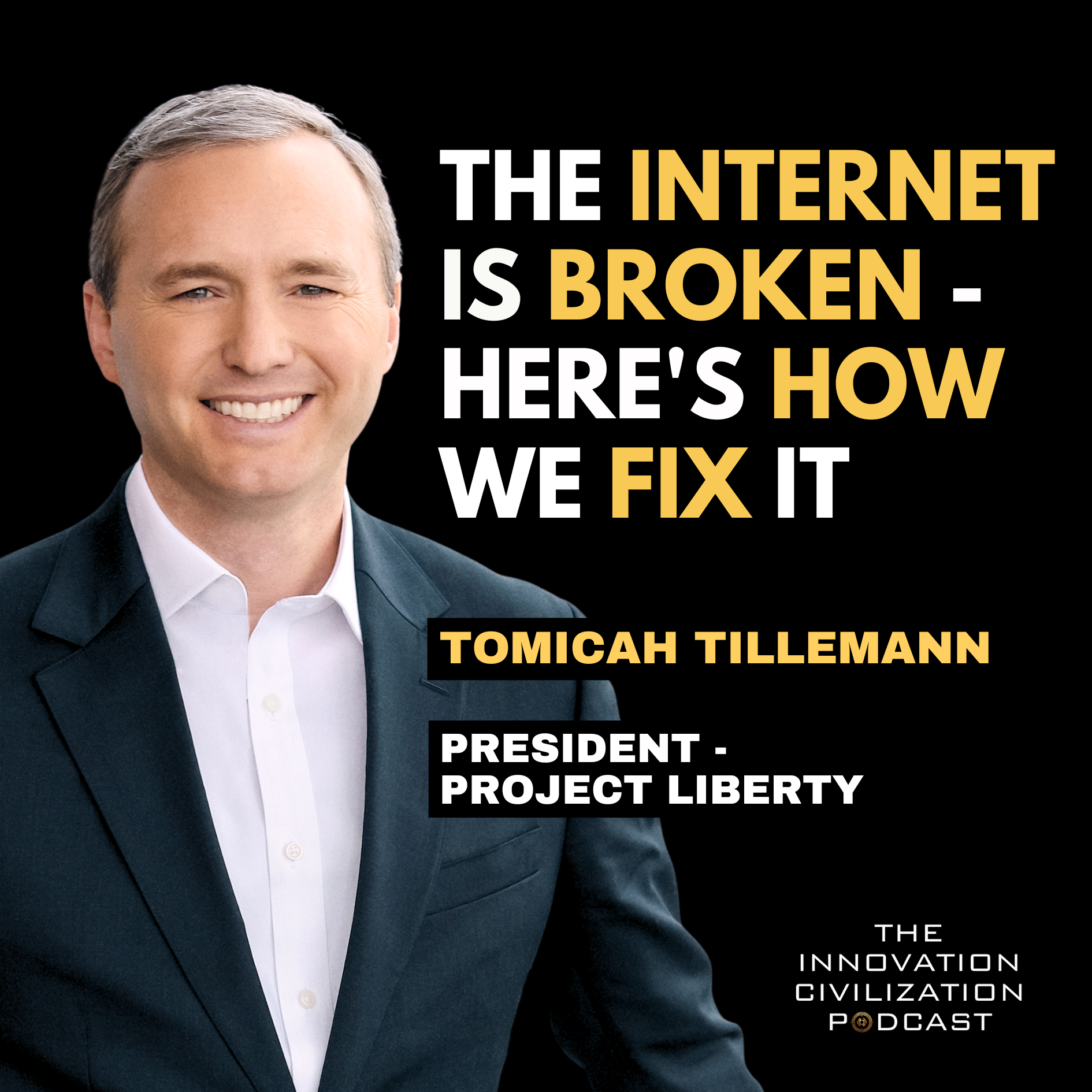Episode Description
The defining periods in world history have always come about as a result of successful change management and revolutionary leadership. Reflecting on the last 2 decades of rapid flux coupled with the ongoing global unrest in trade, politics, and commerce arising from a looming global recession, the Ukraine-Russia War and the after-effects of COVID19 calls for a timely occasion on navigating through the factors leading to successful change management and leadership.
For an educative and thrilling episode on understanding the golden principles of change management and how public and private organizations can thrive in an era of rapid flux, we bring you the most revered and one of Time Magazine's top 25 most influential authors ever on business and management - Professor John P. Kotter.(@JohnPKotter) He is the best-selling author, The Konosuke Matshishita Professor of Leadership, Emeritus at the Harvard Business School, award-winning business and management thought leader and founder of one of the leading management consulting firms, Kotter International - a leadership management organization for the Global 5000 company leaders. He is the author of 22 books, 12 of them bestsellers - on business, management, leadership, strategy execution, and transformation and his work has been published in over 150+ foreign languages.
In the episode, we cover:
-how Professor Kotter's 8-step change framework and 8 accelators can be applied in today's management processes
-how private and public organizations can implement and manage change
-the key distinctions between management and leadership
-functions of organizational lifecycles and dual operating system
-how big corporations can incorporate the startup mentality
-whether leadership training is necessary
Follow our host Waheed Rahman (@iwaheedo) for more updates on tech, civilizational growth, progress studies, and emerging markets.
Here are the timestamps for the episode. On some podcast players, you should be able to click the timestamp for the episode.
(00:00) - Intro
(06:26) - Professor John P. Kotter's background
(10:25) - How should modern firm's react to the level of rapid change?
(12:44) - Is the 8-step change model still relevant today?
(15:34) - Is the 8 accelerators similar to the 8-step change framework? What are the accelerators needed for?
(16:44) - How to implement and manage change amidst the ever changing nature of work?
(19:47) - Management vs leadership
(29:59) - How are hierarchies and networks connected to the organizational life cycle?
(35:52) - Use case example of dual operating system
(39:19) - How to incorporate a startup mentality in large organizations?
(43:51) - How does change management differ for public vs private organizations?
(46:43) - Rapid-fire round: Getting to know more about the guest
(49:47) - About Professor Kotter's most recent book - "Change"
(52:43) - Can we train people to become better leaders?
(54:20) - Outro
Show Notes:
Change is the only constant in life & business.
In an era of rapid flux, how to build enduring & effective orgs?
We sat down with Prof. @JohnPKotter who wrote 22 books on the topic, invented a framework around it and sold 3+ million copies of his famous book 'Leading Change'.
1/ How should modern firms react to rapid change?
-Build capability and skills to deal with change (i.e. Develop 'change muscle' within the org. as Kotter terms it)
Change muscle: Combination of skills sets & mindset associated with understanding the need to change
2/ Executing Change in the Modern World
@JohnPKotter's '8-step Change Model' (refined version as 8 accelerators) provides a step by step model for implementing change
-Total employee involvement & acceptability for change are crucial for the success in the overall process

3/ Create 'Leaders' vs just 'Managers'
Management: includes controlling a group to accomplish desired goals.
Leadership: Individual's ability to enable others to contribute towards org. success-Managing & leading are complementary qualities that are linked to each other.

4/ Kotter suggests that
Virtually all successful organizations begin with a network-like structure and evolve through a series of state into an enterprise that is structured as a hierarchy.
Proposes the Dual Operating System for digital transformation & organizational change

5/ Dual Operating System To Accelerate Change
An organizational structure model designed:
-to enable the rapid development of new ideas & processes
whilst still
-maximizing the operational efficiencies needed to manage business as usual.
Case in point : @SouthwestAir

6/ Incorporating Start-up Mentality in large orgs
-Identify people with entrepreneurial spirit to grab new opportunities
-Invest in tech/management processes to fuel agility-Implement dual operating system & use workplace design to show trust & understanding
Case in point: @Xerox
7/ Change Management for public orgs
Govt. orgs face less competition than private orgs. (thus fewer incentives to innovate)
Should understand:
-the need for something more than an overly designed bureaucracy
-the need to shift perspective through renewed leadership style

8/ About @JohnPKotter 's new book: Change
-Elucidates the emerging theory of change based on the study of human nature (i.e. how to change things)
- How modern orgs. can change themselves(executing strategies for digital transformation, agile management practices & leadership)

9/ Can leadership be learnt/trained?
Yes.
Most leadership training focuses on creating better managers. (not leaders per se)
Rather orgs. should :
-Incentivize people to act on their own ideas & experiences.
-Provide platforms & leeway to grab new opportunities
Music used in this episode:
*Chiaroscuro -Zé Trigueiros
*Petite Route -Zé Trigueiros
*Sombra- Zé Trigueiros








